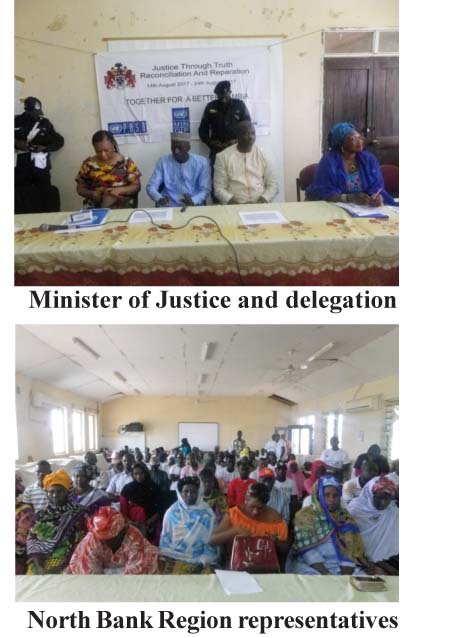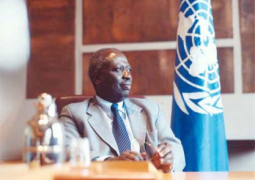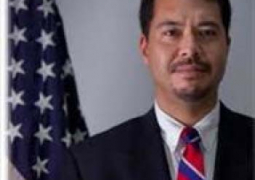
A
team of 40 people from civil society organisations, Ministry of Justice, the
United Nations Development Programme (UNDP) and other relevant stakeholders, is
on a nationwide tour to enlighten people about the Truth Reconciliation and
Reparation Commission (TRRC).
The
tour is as well engaging the masses in a discussion on how the TRRC would
properly dispense justice for the violations and abuses of the Yahya
Jammeh-government.
The
TRRC is to investigate the past human rights violations and abuses by the
former government.
In
the North Bank Region, the officials held a meeting at the Regional Education
Directorate in Kerewan on 14 August 2017.
NBR
Governor Ebrima K.S. Dampha said the TRRC could help in bringing justice and
enable the Gambian people to reconcile after “a lot of differences in the past,
especially tribalism”.
“It is time we live as one family and nation,”
he said. “In the new dispensation, we are looking forward to working together
and making a better Gambia.”
Justice
Minister Abubacarr Tambadou said the establishment of the TRRC is in
fulfillment of a promise by the coalition government during the 2016 election
campaign to set up a commission for transitional justice and reconciliation for
victims of the 22 years of the former regime.
“The
commission wants all voices to be heard and then there will be reconciliation
and compensation for the victims,” he said.
“The
commission is looking forward to identifying the perpetrators and preparing
genuine actions for the victims and further making sure there is non-recurrence
of rights violations and abuses.”
UNDP
Country Representative Ade Mamonyane Lekoetje, in her remarks, said the
nationwide consultation would help people to share their views about the
commission after a lot of pains and hardship for 22 years.
One
S.M. Kijera, in a presentation about the TRRC, said the commission’s mandates
include helping the victims of human rights violation to reconcile as it was in
South Africa, Liberia, Sierra Leone and Ghana, where people were faced with the
challenges of bad governance and dictatorship.
“The
idea is to recognise and implement everlasting reconciliation among the Gambian
people in eradicating human rights violation,” Mr Kijera said.
He
explained that the commission is not only centred on the victims of physical
torture but a collective harmful violation in both emotional suffering and
economic loss.
Some
representatives from North Bank Region shared their experiences under the 22
years of former President Jammeh’s government.
One
Omar Samba said he was arrested and taken to a police station without genuine
reason after he discussed politics in the ferry.
“At
the station, I was told that I insulted the former president and I would only
be freed if I cross carpeted to the APRC party or I would be tortured and
killed but I declined to cross carpet and that made my life a living hell,”
Samba recalled.



